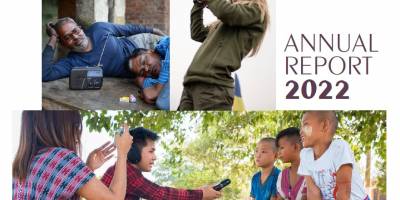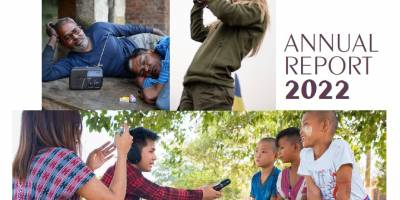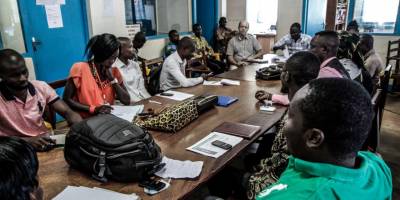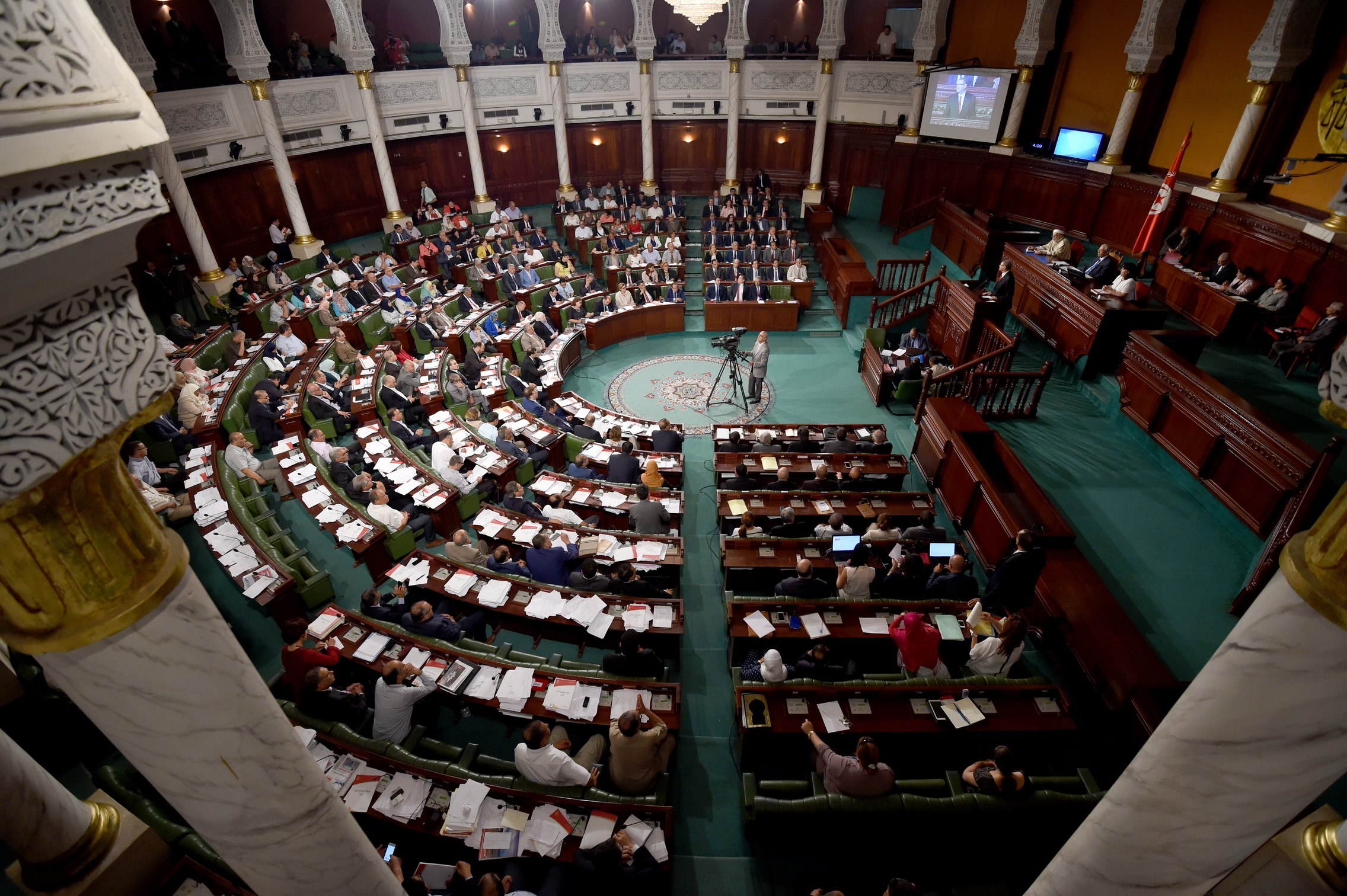
Context
The election of a Parliament or Assembly is one of the priorities in the resolution of a political crisis, but has often weakened the institutions and contributed to the creation of public mistrust. The establishment of a parliamentary democracy gives rise to great hopes amongst citizens who are eager for transparency and integrity, for change, and to make their voice heard in a new political and civic space. The relationship between voters and parliamentarians can no longer be a one-way relationship only awakened during election periods.
It is essential to build a genuine relationship of trust between elected representatives and citizens so as to help prevent crises, but also between parliamentarians and journalists, who can play a decisive role in building bridges between the population and its representatives. In the difficult learning process of the democratic exercise, strong tensions can arise between journalists, politicians and sometimes citizens, resulting in group reactions that can pollute the public debate. The role of the media is to create spaces for information, education, analysis, dialogue, and peaceful interactive debates, also to facilitate citizen participation and direct contribution to legislative work through the development of new participatory technologies.
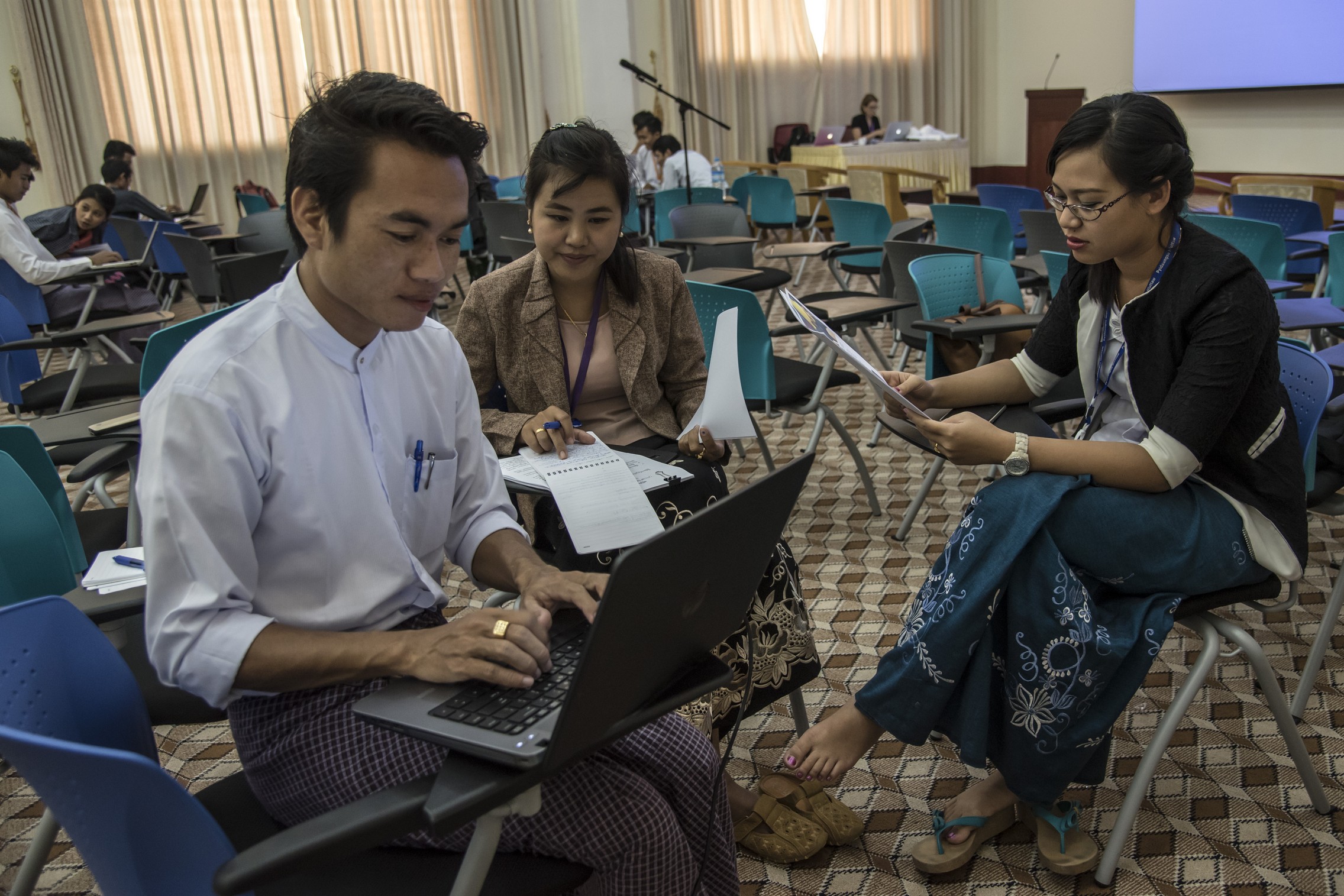
Our approach
Fondation Hirondelle takes a pragmatic approach to media coverage of parliamentary work and public contribution to it in democratic transition or crisis recovery contexts, based on three fields of action. They are:
- Helping to organize - in collaboration with the administrative departments of Parliament - a competent and responsive press service to meet the needs of accredited parliamentary journalists and facilitate their work (ergonomic workspaces, documentation, translation service, spaces for press conference and interviews). Fondation Hirondelle contributes in particular to the drafting and application of guides, charters and codes of conduct for the various stakeholders.
- Helping to train parliamentary journalists in balance and accuracy, gaining a better understanding of parliamentarians’ work and major issues, developing an association of parliamentary journalists to represent and oversee them. Fondation Hirondelle also supports journalist content production by developing original and engaging formats that attract the interest and participation of citizens.
- Helping to train parliamentarians in communicating with media and citizens, acquiring better knowledge of accredited journalists’ work and the need for peaceful collaboration
Since the end of 2015, Fondation Hirondelle has been working with the Parliament of Myanmar and is working on projects with the Parliaments of Tunisia and the Central African Republic. In early 2017, we signed a partnership agreement with the inter-parliamentary Assembly of Francophone countries (APF) to work together in new contexts. We are developing tools to help integrate citizen participation that can enrich the media approach to parliamentary work.
Results
- Citizens understand more about the role of parliamentarians, the role and functioning of the Parliament, and have access to a series of informative and educational productions on current parliamentary work.
- Parliamentary journalists, elected officials, and the administrative departments of the Parliament better understand their respective roles and constraints, and work in an environment of trust.
- Politicians, civil society representatives, and citizens actively and serenely participate in public debates, research and the implementation of realistic solutions.
- A culture of peaceful and balanced dialogue is maintained to contribute to the strengthening and stability of the democratic system.




